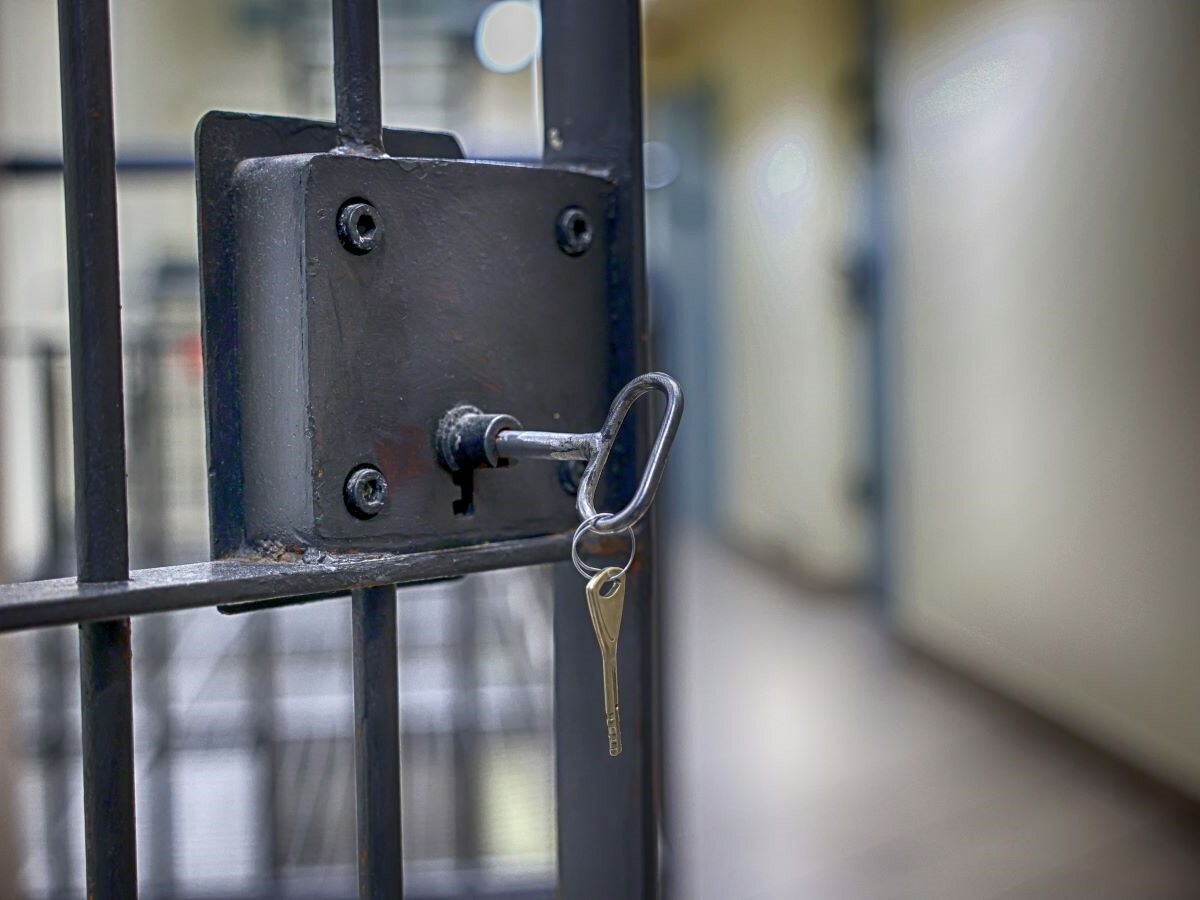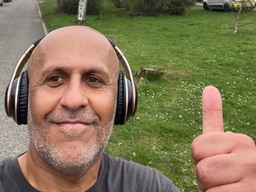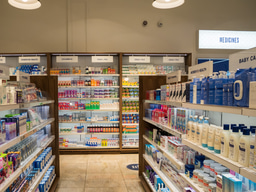Serving life as a prison pharmacist

A few weeks into the job, Arsalaan Mahmood saw just how dangerous it could be working as a prison pharmacist at HMP Lancaster Farms. “Four prison officers had full riot gear on and were extracting a prisoner from a wing to a segregation unit to be searched,” he says.
Then it all kicked off and the prisoner started a fight with the officers. “That’s one of the first memories I have working here, " he says.
Though some UK pharmacists are sadly used to threatening behaviour from patients, it’s not every day a pharmacist will be exposed to such levels of violence in the workplace. Or dealing with prisoners who have committed a variety of crimes. But just four months after qualifying as a pharmacist, Mahmood decided to start working in the category C male prison in June 2020.
Read more: Condoms, cannabis and chlamydia... life on a university campus pharmacy
With approximately 550 inmates, Mahmood says “70-75% are on medication” as he dispenses around 2,500 items per month.
“There’s a lot of mental health medication, methadone or opioid substitution therapy medication, and there’s a lot of drug abuse too,” he says. “I feel like it’s all interlinked. People who abuse or overuse drugs in the community tend to resort to a life of crime to feed the drug habit and end up being in prison.”
Manipulation and bullying
He says he’s seen prisoners released and come back a few months later, and he thinks “it is quite sad” when it happens, especially after he has held consultations with the prisoners he sees returning to stop their drug use habits.
“You also get a lot of people trying to sell their medication in prison and try and obtain anything worth selling, so any sort of sedative or painkiller,” he says.
Read more: Plath Distilled: How a new pharmacy is prescribing poetry
Sedatives are in high demand because prisoners use them to help them fall asleep and stop overthinking “when they’re locked up at night with nothing else to do”.
He says cunning prisoners will hide their medication in their mouth to sell in their cells, and the most tradeable medications include “codeine, pregabalin, mirtazapine, and antidepressants” to give this “sedative effect”.
If they’re caught selling or hiding medication, prisoners get given a warning. But for repeat offenders, the medication is stopped and “they're offered an alternative”.
Read more: Pharmacy is having a brat summer...
“We do see if there's any way we can reduce the number of people on those medications, and some also get bullied for their medication.” he says.
When this happens, they can be moved to a different wing, or an alternative way to give them their medication is arranged. But prisoners try to manipulate the pharmacy staff too.
“When you first start, they give you a talk on manipulation and what boundaries you should have, and I try to keep my relationship with prisoners highly professional. I don’t want to be in a situation where someone's trying to offer me something.”
Read more: YouTuber, influencer, and pharmacy student...
He does consultations alone in a room with prisoners but says he has never felt worried about them becoming violent. There are panic buttons nearby if he does feel threatened, but he says prisoners understand “if they do assault someone, they going to get in trouble with the prison, more charges and jail time”.
Overall, he says the pharmacy team has “quite a good relationship with prisoners” and says those in the category C prison he works in aren’t so bad.
“They come in through a category B or a category A prison, and they are quite settled by the time they get to category C so they shouldn’t be volatile, aggressive, or try to escape,” he says.
Stigmatised
Mahmood manages two pharmacy technicians and a pharmacy assistant, with two additional pharmacy technicians helping when they’re fully staffed.
HMP Lancaster Farms does not have a dispensary on site unlike some other prisons, so medications come from an external pharmacy which the team will order, and Mahmood also runs his own clinics.
Read more: Antibiotic Space Invaders: can you beat AMR?
“I review patients that have asthma, mental health problems like depression and anxiety, and I will prescribe accordingly or give a referral when needed.
“Every day you do random jobs like amending prescriptions, joint reviews with nurses, physiotherapist and dental teams. I feel like every day is different.”
The prison can get “30 prisoners in a week and 30 released”, so Mahmood has to do a medicine reconciliation when they leave, so their prescriptions can continue once they leave the prison. And when they do leave, they take with them “at least seven days” of medication, but only up to a “maximum of 28 days” with them, before they get their next prescription outside of prison.
Read more: Mystery pharmacist publishes a widely praised romantic novel
It was doing a placement in a prison while at university that made Mahmood “want to work in one” because it is a “group of patients that are stigmatised".
“When I was in university, I took an interest in prisons and I thought the types of medication would be quite interesting, because I knew there'd be a lot of mental health and substance misuse in prison.
“I think it's a completely different world to community pharmacy. And that's probably why I find it very interesting.”
Thank you for reading! This article was written by Ben Lee from an interview carried out by Zainab Hussain







Please sign in
If you are a registered user on C+D Community, please sign in